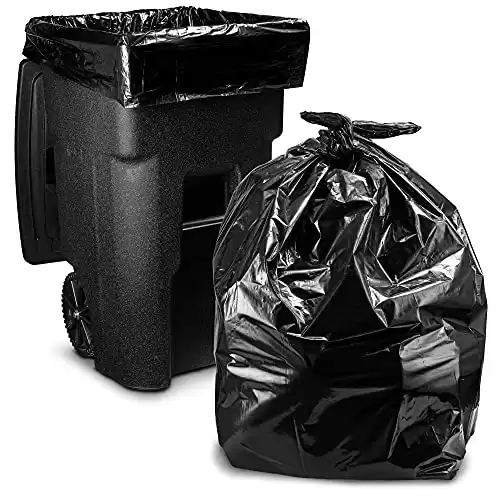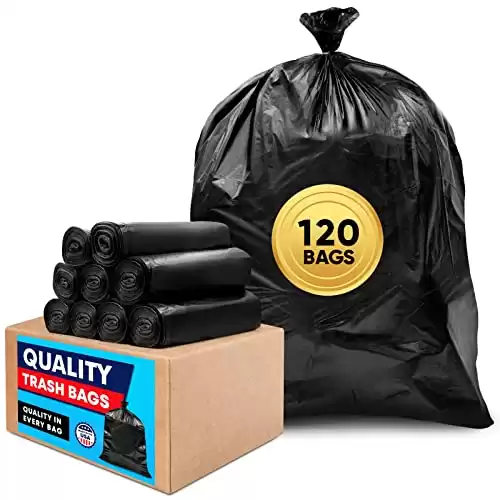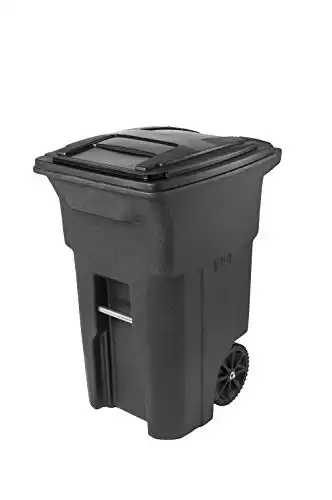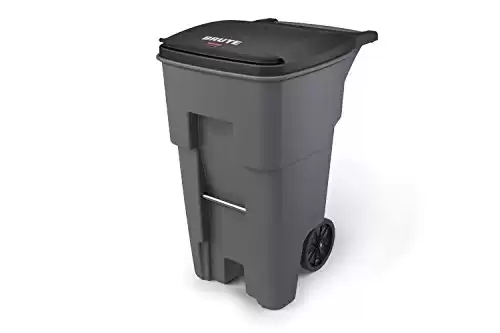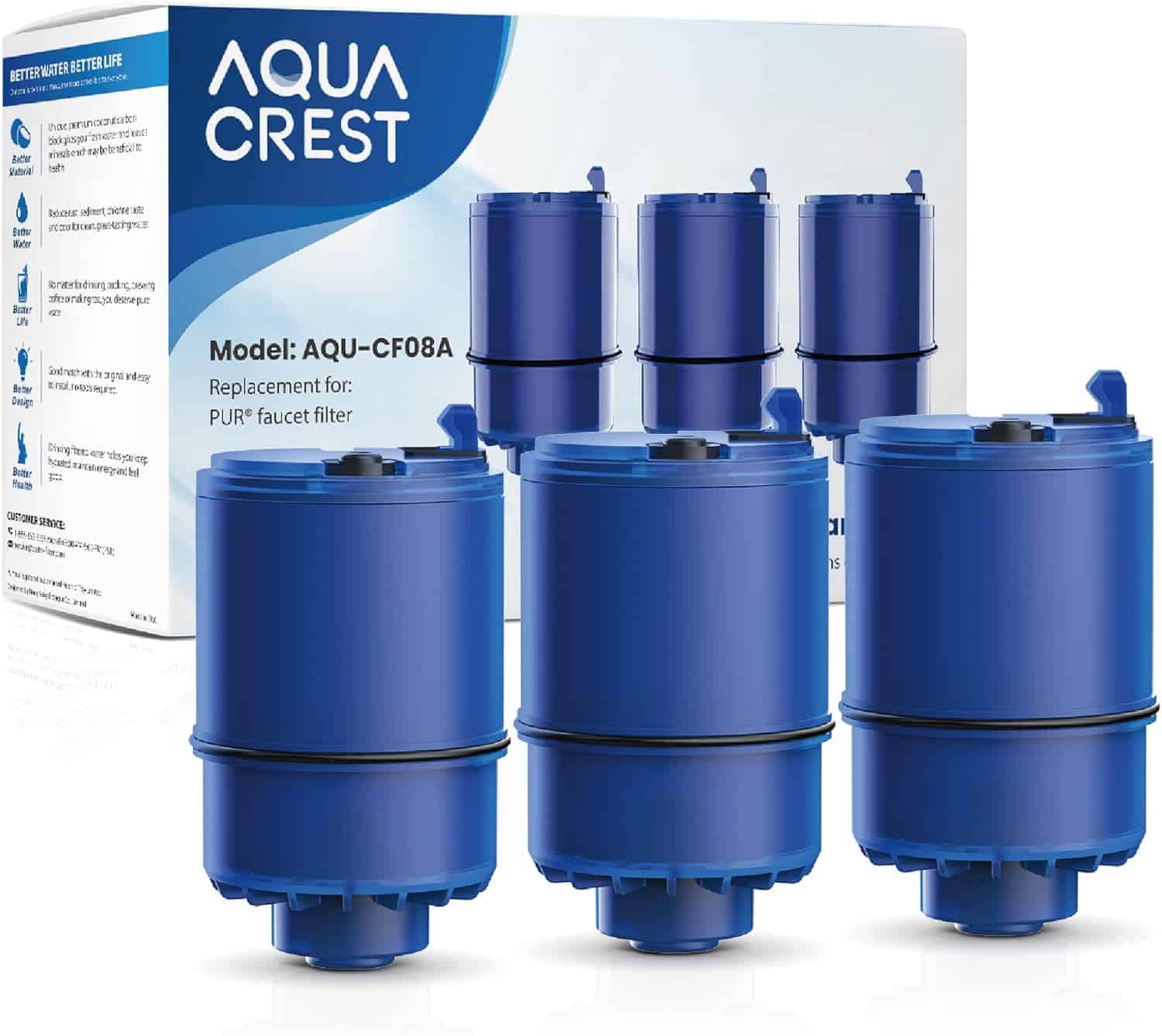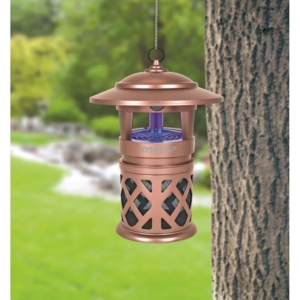The Versatility of 64 Gallon Trash Cans
In the world of waste management, efficient and practical solutions are essential to maintain cleanliness and sustainability. One such solution that has gained popularity in recent years is the 64-gallon trash can. With its generous capacity and sturdy construction, this versatile waste receptacle is revolutionizing the way we handle trash. In this blog post, we will explore the various usage applications of 64-gallon trash cans and how they are making a positive impact on waste management systems worldwide.
64 Gallon Trash Cans Different Applications
1. Residential Waste Management
64-gallon trash cans are particularly suitable for residential areas. They provide ample space for homeowners to dispose of their daily household waste without frequent emptying. The large capacity of these cans allows residents to reduce the number of trash bags used and saves them from the hassle of frequently changing bins. Whether it’s regular household waste, recyclables, or yard waste, the 64-gallon trash can easily accommodates various types of waste, promoting an organized and eco-friendly approach to waste management.
2. Commercial and Industrial Applications
Beyond residential use, 64-gallon trash cans are also extensively employed in commercial and industrial settings. Businesses generate a considerable amount of waste daily, and these larger trash cans are designed to handle the volume efficiently. From restaurants and offices to manufacturing plants and construction sites, the 64-gallon trash can proves to be a practical waste management solution. Its durability and large capacity allow businesses to maintain a clean and clutter-free environment, ensuring compliance with sanitation regulations.
3. Community Events and Public Spaces
Large-scale events such as festivals, concerts, and outdoor gatherings attract large crowds, resulting in a significant amount of waste. 64-gallon trash cans can be strategically placed in public spaces to facilitate proper waste disposal during these events. Their high capacity helps prevent overflowing bins and reduces the need for frequent emptying, allowing event organizers to focus on providing a seamless experience for attendees. These trash cans are also equipped with features like sturdy wheels and ergonomic handles, making it easier to move them around and maintain cleanliness in crowded areas.
4. Schools and Educational Institutions
Educational institutions, from elementary schools to universities, have a responsibility to teach students about waste management and environmental sustainability. By incorporating 64-gallon trash cans into their waste management systems, schools can encourage proper waste disposal practices among students and staff. These cans provide a visible reminder of the importance of waste reduction, recycling, and responsible trash disposal. The large capacity of the bins ensures that waste generated within the educational facility can be efficiently managed, promoting a clean and hygienic learning environment.
5. Green Initiatives and Recycling Programs
As communities and organizations worldwide strive to become more eco-conscious, recycling programs play a crucial role in reducing waste and conserving resources. 64-gallon trash cans are ideal for recycling initiatives, accommodating large amounts of recyclable materials such as paper, plastic, glass, and metal. By promoting proper recycling practices through the use of these cans, communities can enhance their waste management systems and contribute to a greener future.
6. Waste Collection and Disposal Services
Municipal waste management services often rely on 64-gallon trash cans as part of their collection and disposal systems. The standardized size and design of these cans enable waste collection trucks to efficiently empty and transport the contents. By adopting a uniform waste management system that includes 64-gallon trash cans, cities and towns can streamline their waste collection processes and minimize the environmental impact associated with waste disposal.
Cost of 64 Gallon Trash Cans
The cost of 64-gallon trash cans can vary depending on various factors such as the material used, the brand, and any additional features or specifications. On average, you can expect to find 64-gallon trash cans ranging from $60 to $150. However, it’s important to note that prices may differ based on your location and the specific retailer or supplier you choose to purchase from. Additionally, if you’re buying in bulk or for commercial purposes, you may be eligible for discounted rates or wholesale pricing. To get the most accurate and up-to-date pricing information, it is recommended to check with local retailers, online marketplaces, or waste management equipment suppliers.
Storing and cleaning a 64-gallon trash can is important to maintain its longevity and ensure proper hygiene. Here are some tips on how to store and clean your 64-gallon trash can:
Storing the Trash Can:
1. Choose an appropriate storage location: Find a designated area to store your trash can that is away from direct sunlight and protected from extreme weather conditions. A garage, shed, or covered outdoor space can be suitable options.
2. Keep the lid closed: Always make sure the lid of the trash can is securely closed to prevent pests, animals, and rainwater from entering. This helps to maintain cleanliness and prevents unwanted odors.
3. Elevate the trash can: Placing your trash can on a platform or rack helps to keep it off the ground, reducing the risk of damage, and making it less accessible to pests and animals.
Cleaning the Trash Can:
1. Gather necessary supplies: To clean your 64-gallon trash can, gather gloves, a long-handled brush or scrubber, a hose or pressure washer, mild detergent or disinfectant, and a broom or dustpan.
2. Empty the trash can: Start by emptying the contents of the trash can into your waste disposal system or garbage collection. If necessary, use a broom or dustpan to remove any loose debris.
3. Rinse with water: Using a hose or pressure washer, thoroughly rinse the interior and exterior of the trash can to remove any remaining debris. Ensure that you remove any stuck-on dirt or residue from the surfaces.
4. Use a mild detergent or disinfectant: Apply a mild detergent or disinfectant solution to the interior of the trash can. Use a long-handled brush or scrubber to scrub the surfaces, paying attention to the corners and crevices. This helps eliminate any odors and sanitize the can.
5. Rinse and dry: After scrubbing, thoroughly rinse the trash can with clean water to remove any cleaning solution residue. Ensure that all detergent or disinfectant is completely washed away. Leave the trash can to air dry in a well-ventilated area or wipe it dry with a clean cloth or towel.
6. Deodorize (optional): If desired, you can deodorize the trash can by sprinkling baking soda or using commercial trash can deodorizer products. This helps to maintain a fresh and pleasant smell.
7. Regular maintenance: It’s recommended to clean your 64-gallon trash can regularly, such as once every few months or as needed. Regular maintenance prevents the buildup of dirt, bacteria, and odors.
By following these steps for proper storage and regular cleaning, you can ensure that your 64-gallon trash can remains in good condition, odor-free, and hygienic for long-term use.
In conclusion, 64 gallon trash’s large capacity, durability, and versatility make them suitable for a wide range of applications, from residential use to commercial and industrial settings, as well as community events, educational institutions, and recycling programs.


